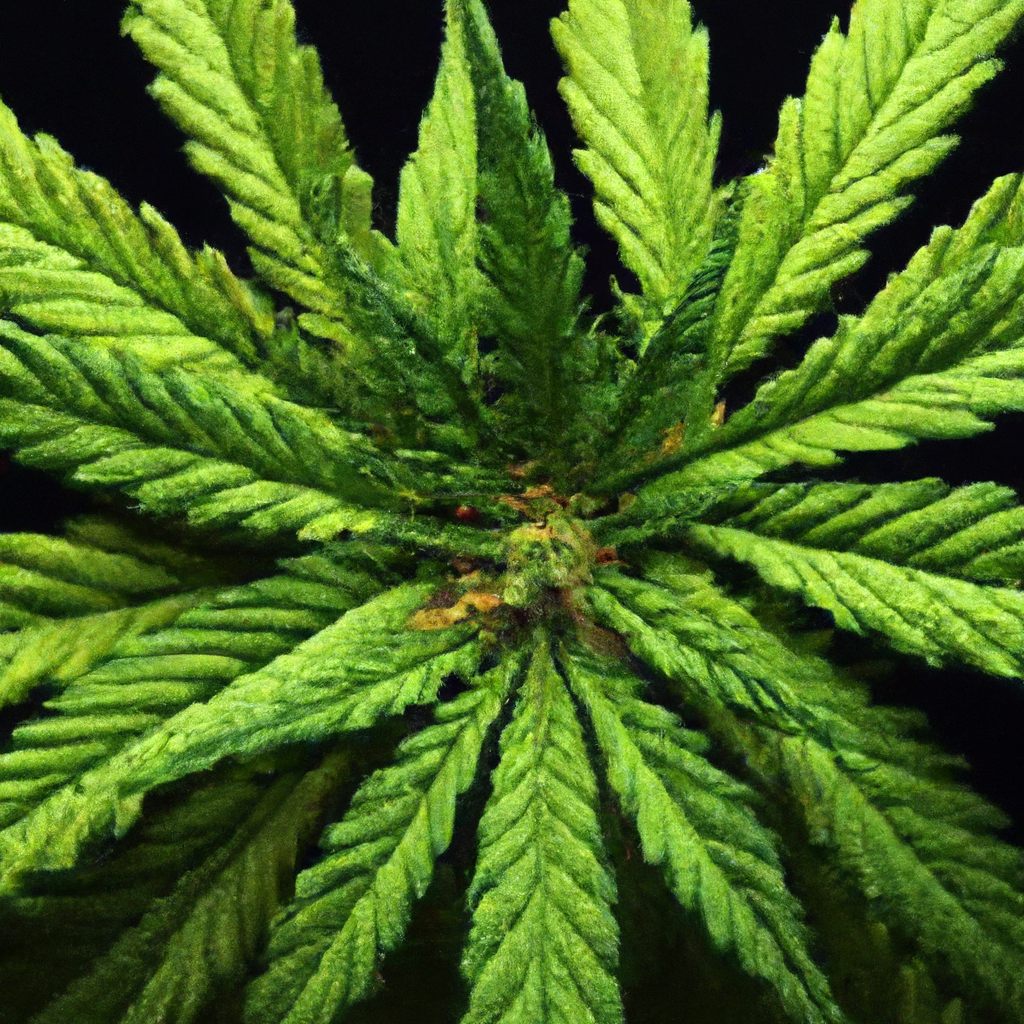Your cart is currently empty!
In a world increasingly focused on sustainability, cannabis has emerged as a versatile component in producing eco-friendly alternatives to traditional plastics. By leveraging cannabis biomass, innovators are crafting bioplastics that could drastically reduce our dependence on petroleum-based plastics. This article delves into the potential health and environmental benefits, legal considerations, and real-world applications of cannabis-derived bioplastics.
Sustainable Advantages of Cannabis Bioplastics
Cannabis bioplastics are derived from hemp, a strain of cannabis known for its high cellulose content. This plant offers several advantages in sustainable production:
- Biodegradability: Unlike traditional plastics, hemp-based plastics degrade much faster, reducing landfill waste and the toxins released into the environment.
- Renewable Resource: Hemp grows rapidly and requires fewer resources than crops used in conventional plastic production, minimizing environmental impact.
- Reduced Carbon Footprint: The growth process of hemp actively sequesters carbon dioxide, contributing to climate control initiatives.
Legal and Economic Impact
As countries worldwide amend their cannabis legislation, opportunities for industries relying on hemp are expanding. The acceptance of cannabis in various jurisdictions allows for broader cultivation and investment in hemp-based products. Here’s how legislation impacts the industry:
- Economic Growth: Legalization boosts local economies by creating jobs and encouraging innovation in sustainable products.
- Regulation Challenges: Despite benefits, strict regulations in some regions pose challenges. Understanding and navigating these laws is crucial for successful integration of hemp plastics.
Case Studies: Real-World Applications
Several companies are pioneering cannabis bioplastics, setting benchmarks for future advancements. The following case studies highlight successful applications:
| Company | Product | Impact |
|---|---|---|
| HempPlast Co. | Biodegradable Packaging | Reduced waste in packaging sector |
| EcoPots | Plant Pots | Increased use in urban gardening initiatives |
Conclusion
The integration of cannabis in replacing traditional plastics offers promising benefits for the environment, economy, and consumer health. While there are complexities in legislation and regulation, the movement towards cannabis-derived bioplastics is gaining momentum. By understanding and supporting this innovative shift, we could significantly impact our global ecological footprint.
Harnessing the power of cannabis in creating sustainable solutions not only supports environmental goals but also fosters economic resilience. As this industry continues to evolve, it remains vital for stakeholders to stay informed and advocate for clear, supportive regulations.
The potential for cannabis in transforming industries doesn’t end at bioplastics — its myriad applications suggest that this ancient plant will play a significant role in building a more sustainable future.
Tags: CannabisScience, EnvironmentalImpact, SustainablePractices
Discover more from Magic Clones
Subscribe to get the latest posts sent to your email.


Leave a Reply